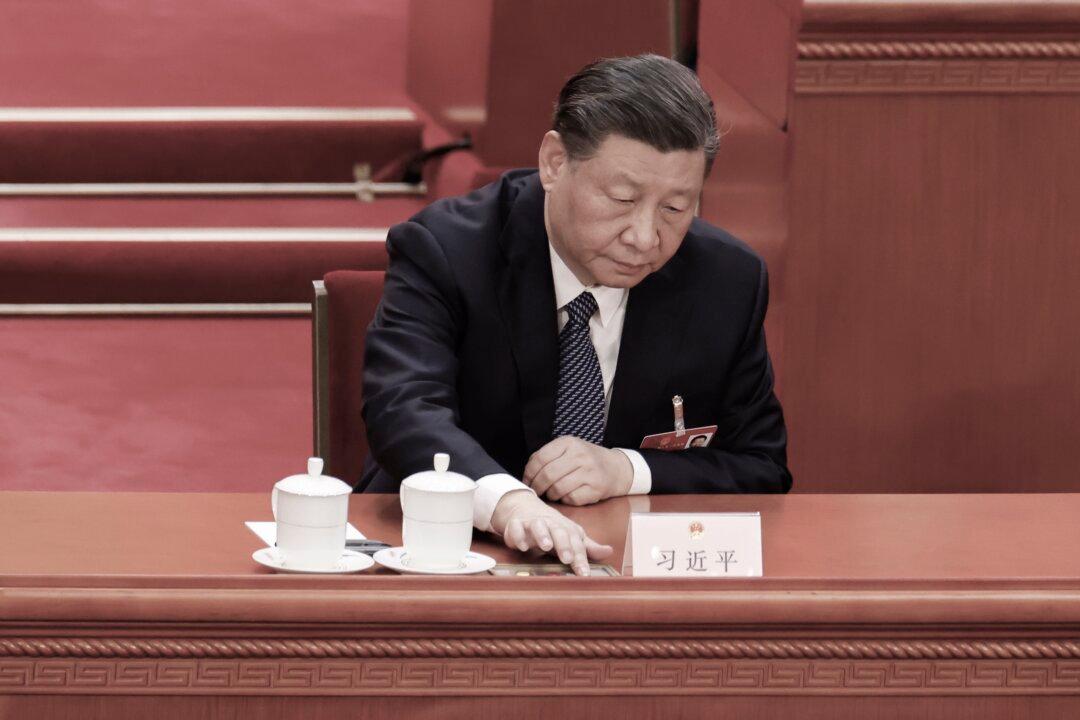Commentary
China has been driven into a “war mentality” but without a commensurate “war economy” to support Chinese communist leader Xi Jinping’s ambitions.

China has been driven into a “war mentality” but without a commensurate “war economy” to support Chinese communist leader Xi Jinping’s ambitions.